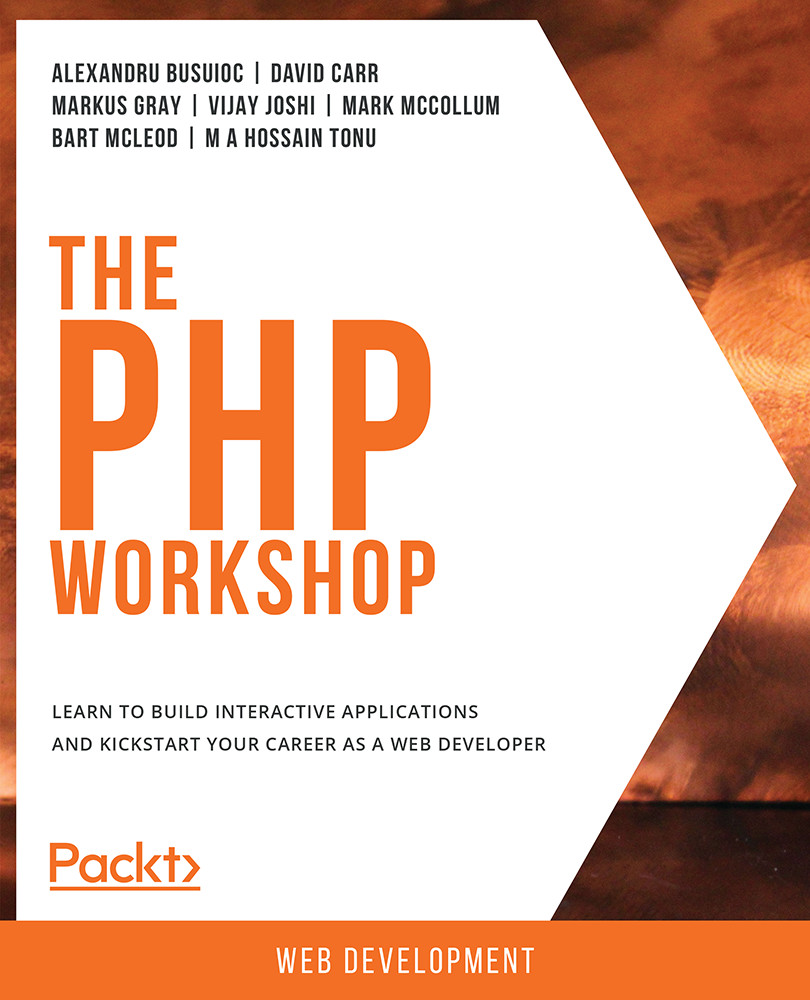-
Book Overview & Buying

-
Table Of Contents

The PHP Workshop
By :

The PHP Workshop
By:
Overview of this book
 Free Chapter
Free Chapter
 Sign In
Start Free Trial
Sign In
Start Free Trial


 Free Chapter
Free Chapter
In this chapter, we worked with object-oriented concepts and took note of how each of those concepts fitted into different scenarios. Encapsulation, inheritance, polymorphism, data abstraction, dynamic binding, and message passing all added new dimensions to our program. Note that these concepts can be adopted when they fit your particular scenario; until then, there's no need to complicate the program. We have seen that the misuse of OOP principles is common, and, down the road, that adds a burden of complexity.
Dependencies should be injected from outside rather than being hardcoded inside. Abstractions should not depend on details; hide your data appropriately, hide your complexities, and expose simplicity when message passing. Overall, the mapping of the objects in your program with the problem domain should be taken care of. Remember this simple statement: "If you can't reuse it, then it doesn't possess value."
In the next chapter, we will...
